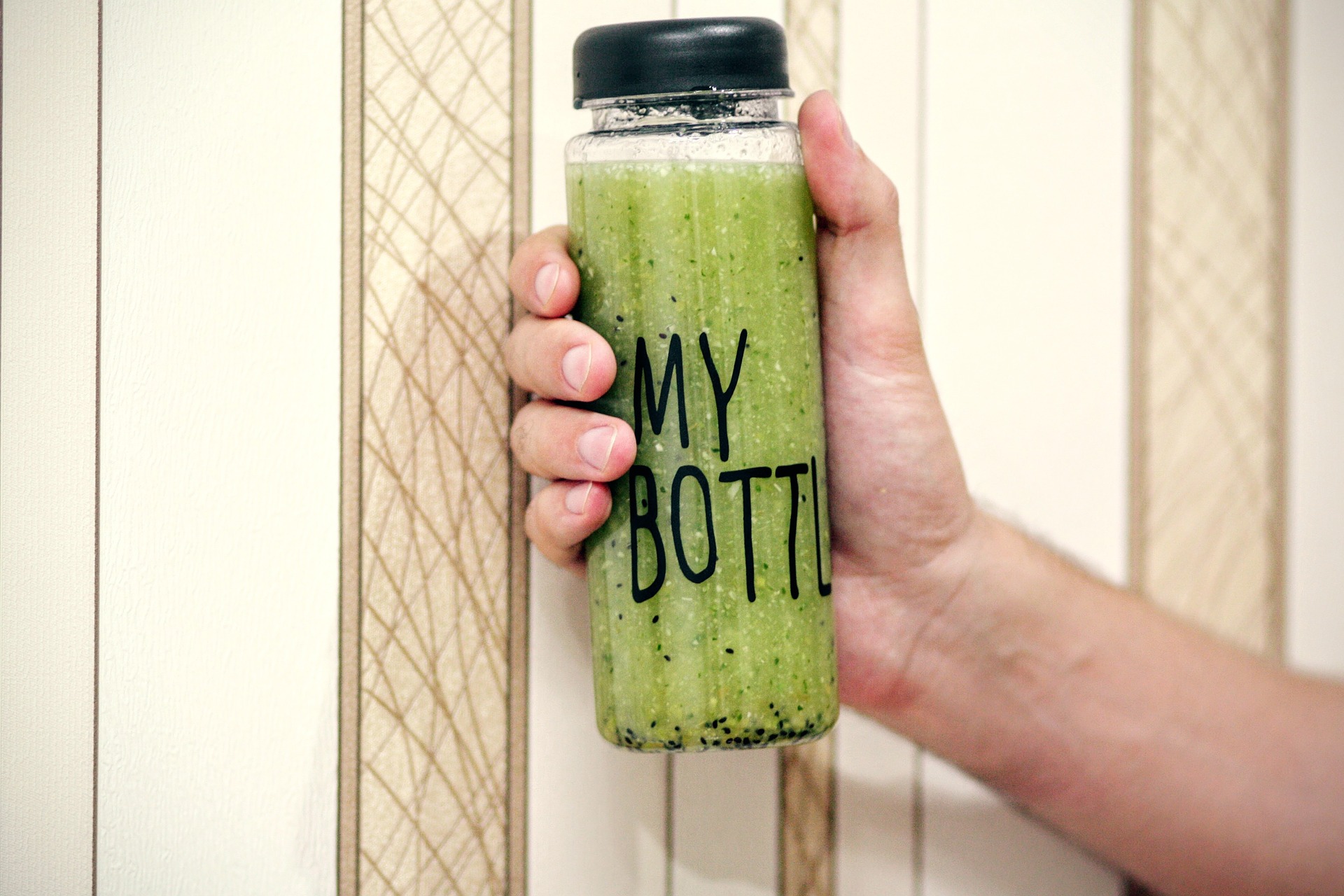- No products in the cart.
Detoxification has become a very popular term of our times. With the increasing exposure to harmful chemicals, heavy metals, compounds and pollutants through our food and environment, multiple detox diets have come up over the past few years. They claim to purify the body by cleaning the blood and eliminating toxins from the system. Many of them became fads or celebrity trends. While most of us have tried one or more of these diets at least once, few people actually know how they work, what they eliminate and whether or not they live up to their claims.
A detox diet is typically a short-term dietary system which aims to eliminate harmful toxins from our body. A detox may involve a combination of:
- Fasting patterns
- Colon cleanses and laxatives
- Consuming salads, fruits and vegetables
- Drinking lemon water or saline water, fresh juices, smoothies, teas and concoctions
- Refrain from processed, calorie-rich and unhealthy food items
- Complete elimination of alcohol, smoking and caffeine
- Taking herbal supplements
- Following specific exercise regimes

The benefits these diets claim include:
- resting the organs
- stimulation of the liver to rid the body of toxins
- acceleration of toxin elimination through sweat and ablutions,
- promotion of blood circulation
- improving energy and stamina
- Boosting the system with nutritive food.
They also claim to help with health conditions and disorders like:
- bloating
- digestive problems
- obesity
- fatigue
- allergies
- chronic breakouts
Let’s talk about the effects of these diets.
The toxin debate
Firstly, it is ambiguous as to which specific toxins the detox diets claim to remove or how they do it. Secondly, there is no evidence to prove that the diets are effective in removing any toxins. Moreover, no scientific research has sufficiently proved that our bodies require a detox cleaning to eliminate toxins. The human body is perfectly equipped to clean itself. Our liver ensures that toxic elements are released from the body with sweat, urine and faeces.
That being said, there are certain chemical compounds which cannot be removed easily from the body. They include heavy metals, phthalates, pollutants, BPA, etc. They are known to accumulate in the body fat and bloodstream and may take ages to be eliminated completely.
Does it work?
Different people have different responses to detox.
Some individuals claim to feel more energetic and light during and post a detox. But this may be the body’s response to elimination of alcohol, smoking, refined sugars and processed food from the diet. The healthy food, high in nutritive value and freshness, replenishes hydration, minerals and vitamins that may be lacking in the daily diet.
Contrarily, some individuals feel sapped and unwell when under a detox treatment, possibly due to the drastic dietary change.
There is some evidence to suggest that coriander, Chlorella algae, pectin and fruit acids help promote elimination of toxic pollutants and metals from the body.

The weight loss question
Initially, some people lose weight quickly, but this is generally the retained fluid and carbs. This weight is regained once a normal diet is resumed.
Any detox routine which involves cutting out calories, junk and alcohol would definitely result in some weight-loss and improved metabolism. Although, it is important to note that a crash diet cannot provide lasting results unless lifestyle changes are made.
A certain “lemon detox” comprising maple syrup and lemon juice diet for a week, has been found to reduce weight, body fat and inflammation. It has also been noted to have a positive effect on hormonal function, especially insulin resistance.

A Word of Caution
It is essential to take into account the possibility of adverse effects or side effects before embarking on a detox journey.
- Fasting involved in detox diets might help people with certain diseases, but it has also been observed to cause spikes in stress hormones.
- Any sort of diet involving extreme deprivation or calorie cuts leads to temptation, irritability, fatigue and stress. If continued for a long duration, it can result in acute mineral and vitamin deficiencies.
- There is a possible risk of overdose of diuretics, supplements, water and laxatives in some kinds of detox.
- Colon cleansing has been known to cause effects such as dehydration, vomiting, nausea, muscular cramps, etc.
- Detox diet industries are not monitored or regulated efficiently. There is little scientific evidence for most such regimens and following them may not be safe.
- Although everybody should consult a doctor before starting on any type of detox, children, elderly individuals, pregnant women, people with specific problems like BP, diabetes, heart condition, etc. must definitely take sound medical advice and exercise utmost caution with any dietary changes.
As a matter of fact, the reason why a “Detox” makes you feel light and healthy is probably because it guides you to-
- Eat wholesome and nutritious food
- Sleep better
- Stay hydrated
- Exercise
- Manage stress
- Address eating disorders
- Avoid Smoking and Alcohol
- Avoid Junk and Processed food
So the Detox may not be about removing toxins at all.
Maybe it’s just about fixing your habits and adopting a healthy lifestyle.

